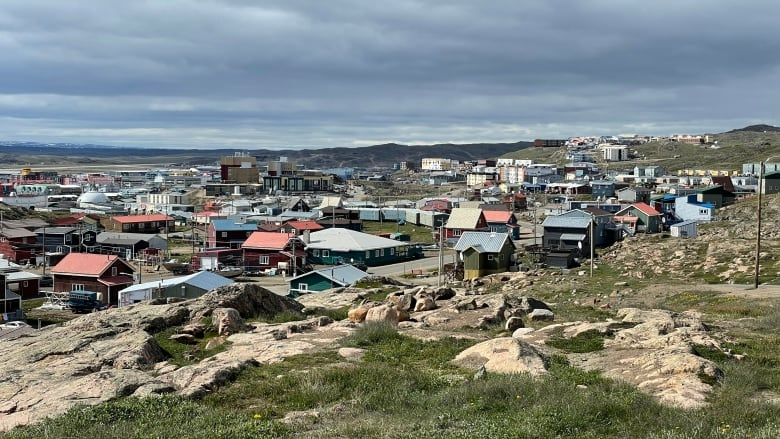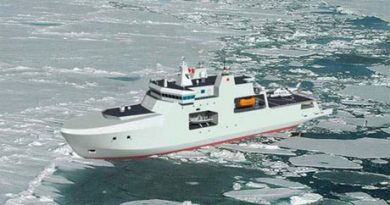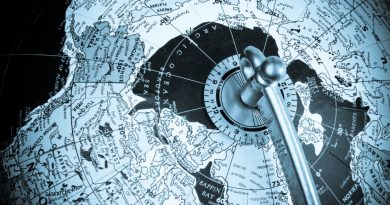Outbreak declared over in Arctic Canadian city of Iqaluit, says chief public health officer

Current restrictions, including mandatory masks, will stay in place for now: chief public health officer
The COVID-19 outbreak in Iqaluit that swelled to 253 cases since April 15 has been declared over.
As of Monday, it’s been 28 days since anyone had COVID-19, said Dr. Michael Patterson, Nunavut’s chief public health officer in a news release Tuesday.
“Since there have been no further cases, we can now declare the outbreak in the city over,” he said.
Iqaluit’s outbreak was Nunavut’s second largest outbreak of the pandemic. This first began in Arviat in November and grew to 339 cases and one death. There are currently no cases of COVID-19 in Nunavut or the N.W.T.
Meanwhile, an outbreak in Yukon, which in absolute terms is the North’s largest of the pandemic, and which began after a large number of people had already been vaccinated, appears to be winding down.
Mandatory masking stays in place
In Iqaluit, current public health measures, like mandatory masks, will stay in place, Patterson said.
For the next two weeks, officials will continue to monitor the situation. If there are no more cases identified, restrictions may be further eased.
COVID-19 testing will be available at the Cadet Hall Monday to Friday from 2 p.m. to 4 p.m. until Friday. The mobile testing van is also available Monday to Saturday around Iqaluit and will be available until July 31.
There are ongoing vaccination clinics across the territory.
No active cases in more than two weeks
Restrictions began to be eased last week, when it had been more than two weeks since there have been active cases in the Iqaluit.
Some of the previous cases were earlier confirmed by Patterson to be the B117 variant of COVID-19.
As well, following a superspreader event at a local karaoke bar, health officials pleaded with residents to stop “visiting” — the ubiquitous northern custom of dropping by friends’ and relatives’ houses which can often be the only way to pass the time.
“I encourage everyone to continue following public health restrictions, wash your hands frequently, stay home when sick and call the COVID-19 hotline at 1888-975-8601 if you have symptoms,” Patterson said.
Related stories from around the North:
Canada: Nunavik tourism reopening reason for optimism, vaccination uptake still a concern, Eye on the Arctic
Iceland: Iceland to require COVID-19 testing for vaccinated travellers over Delta variant concerns, Eye on the Arctic
Sweden: Sweden’s regions go for different strategies when vaccinating those under 18, Radio Sweden



